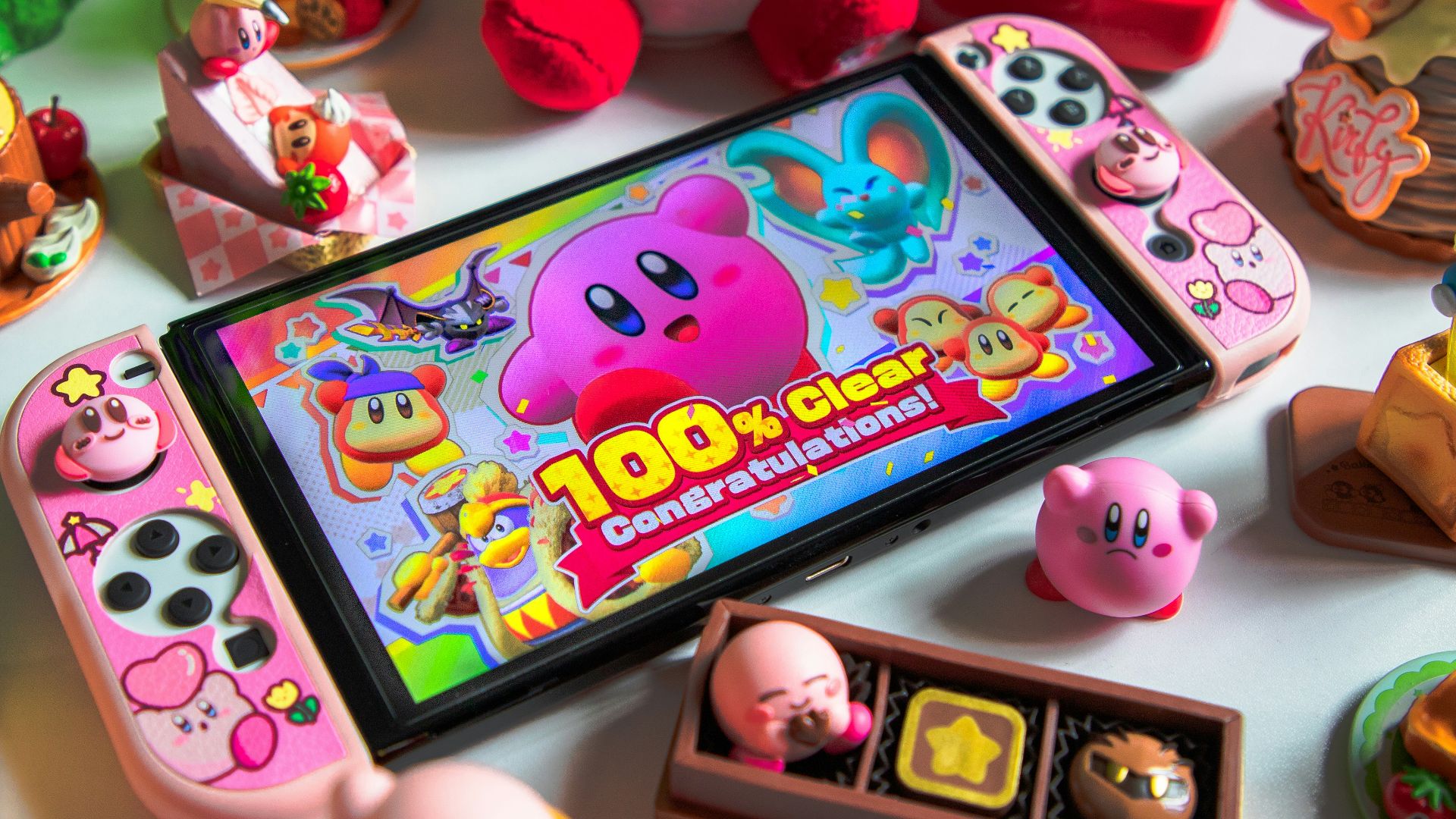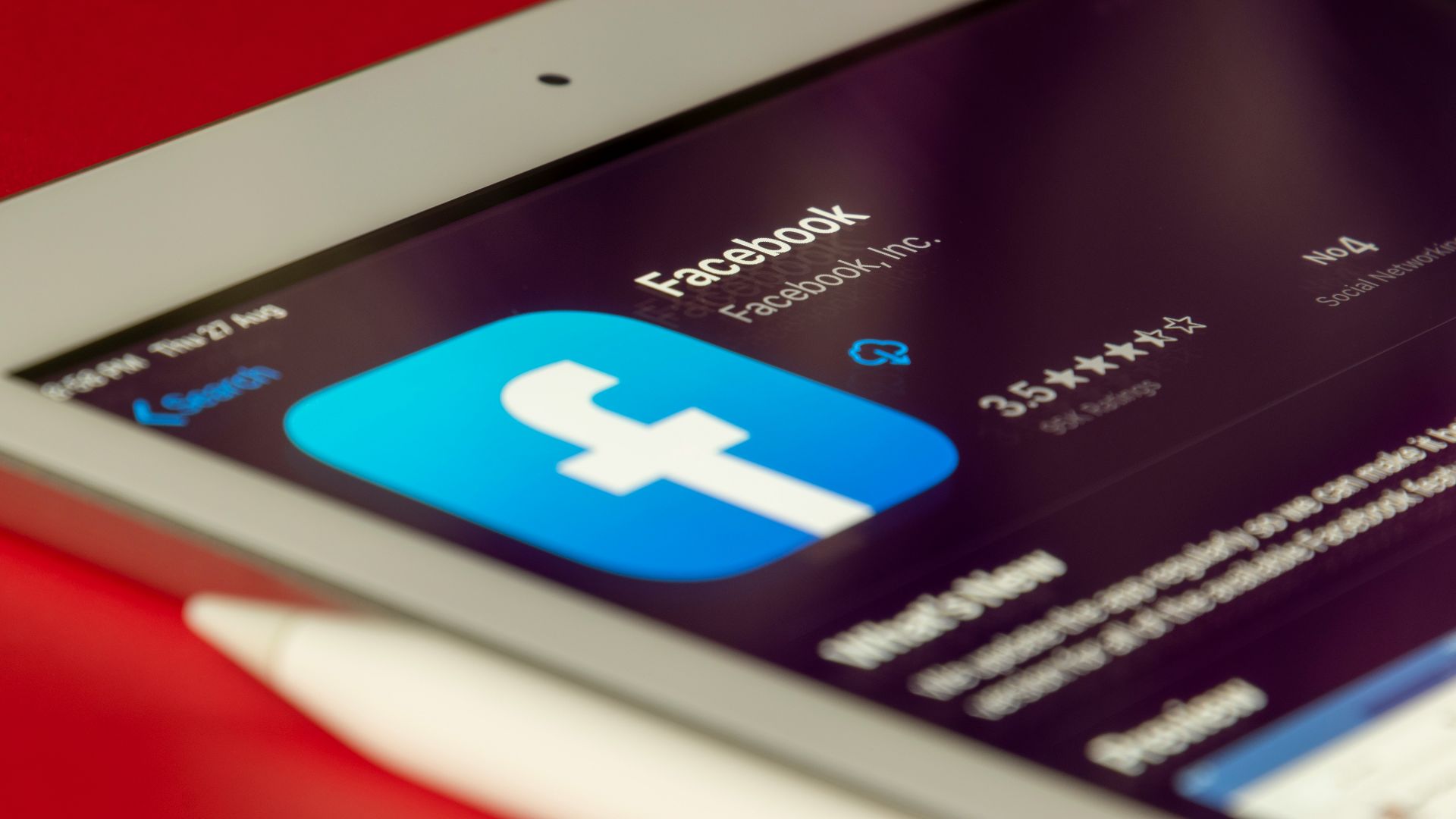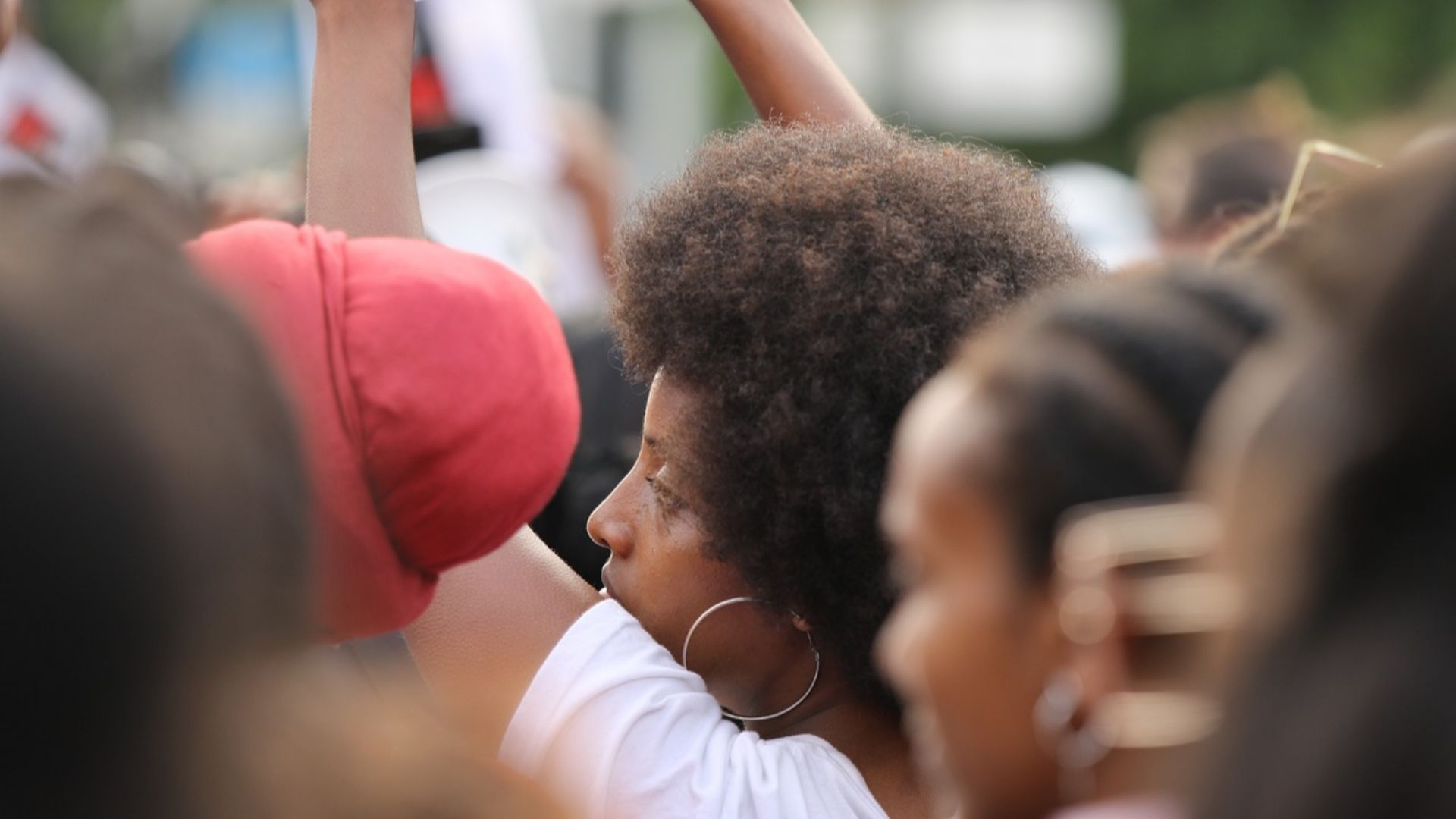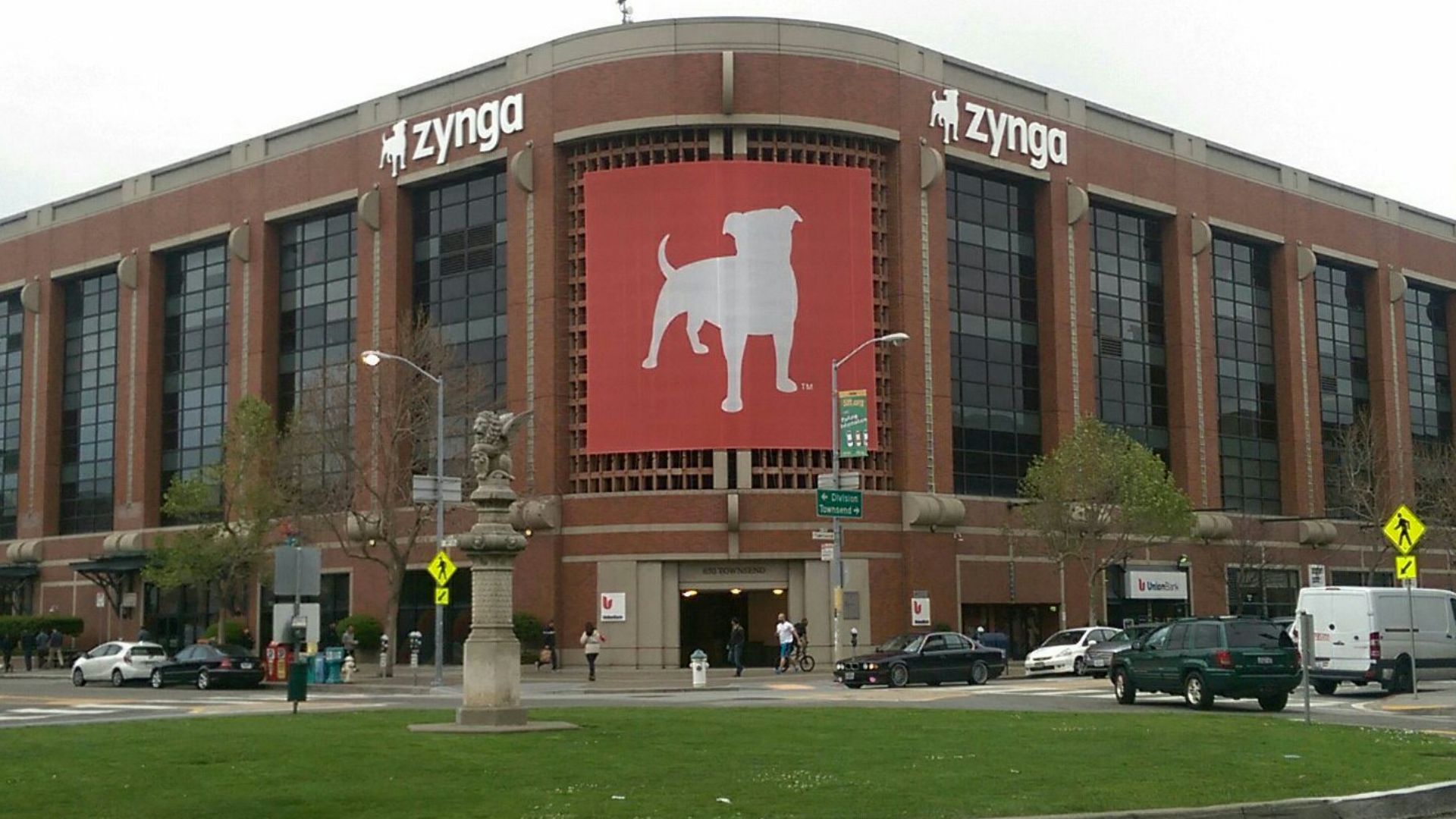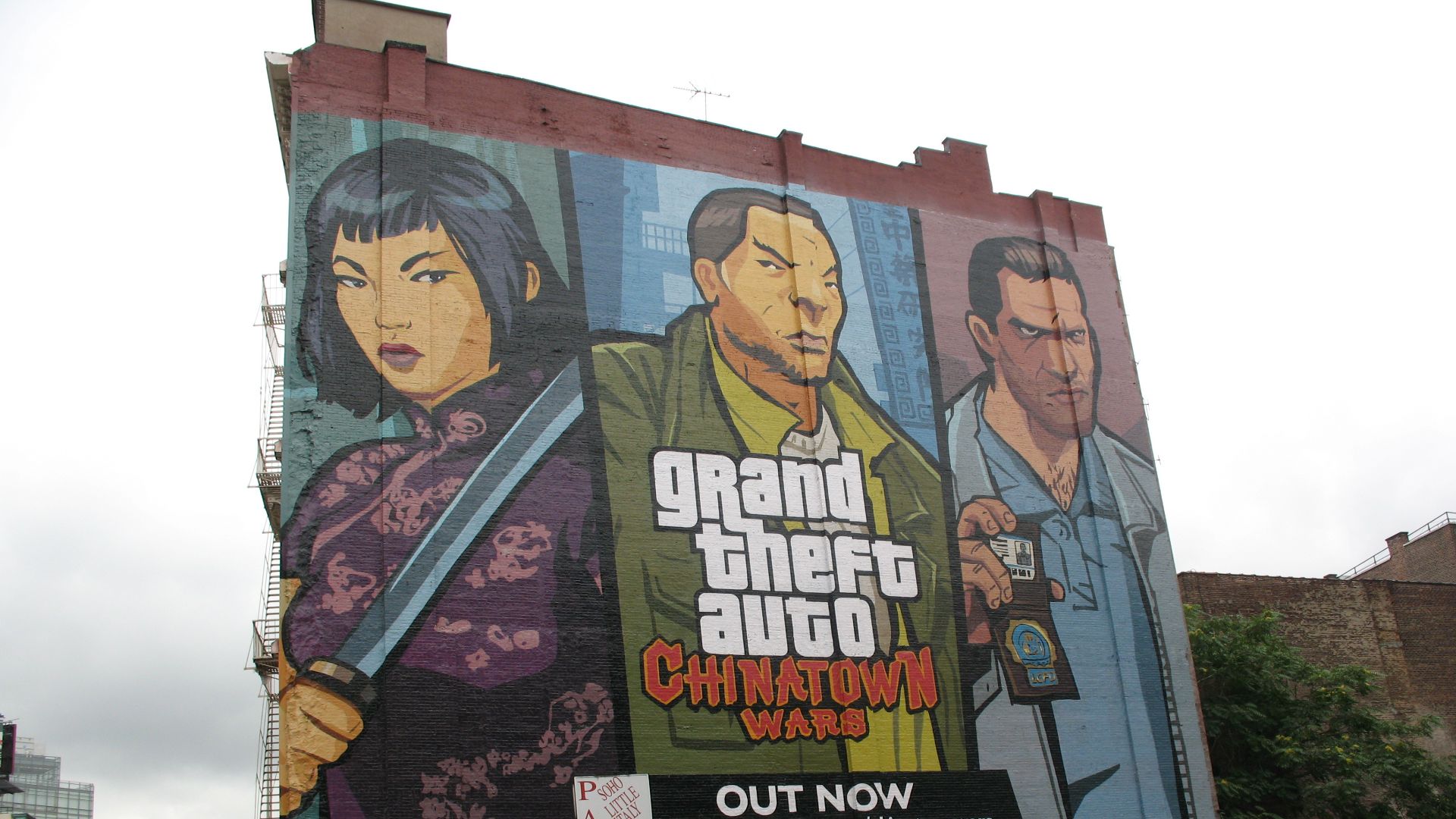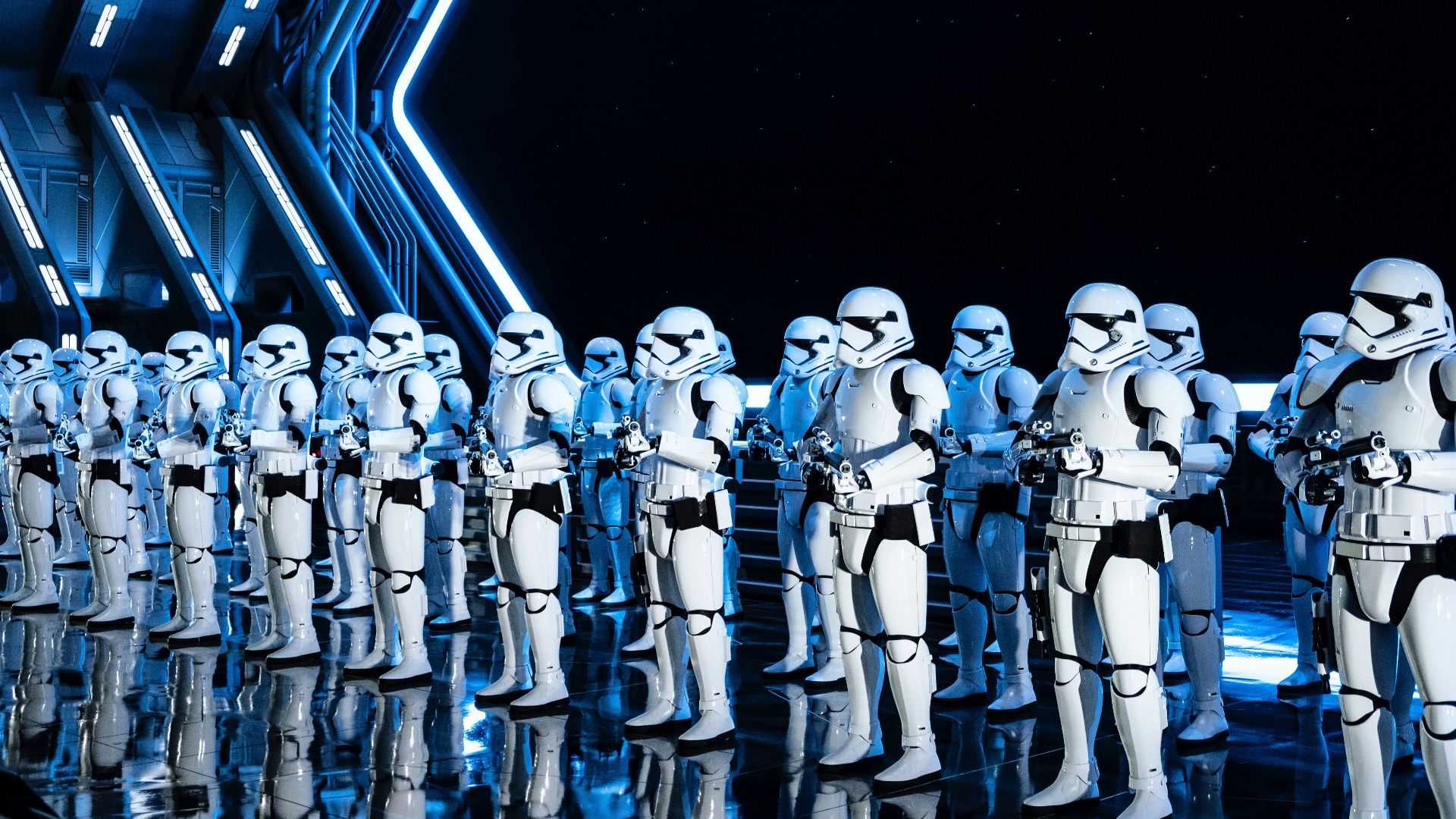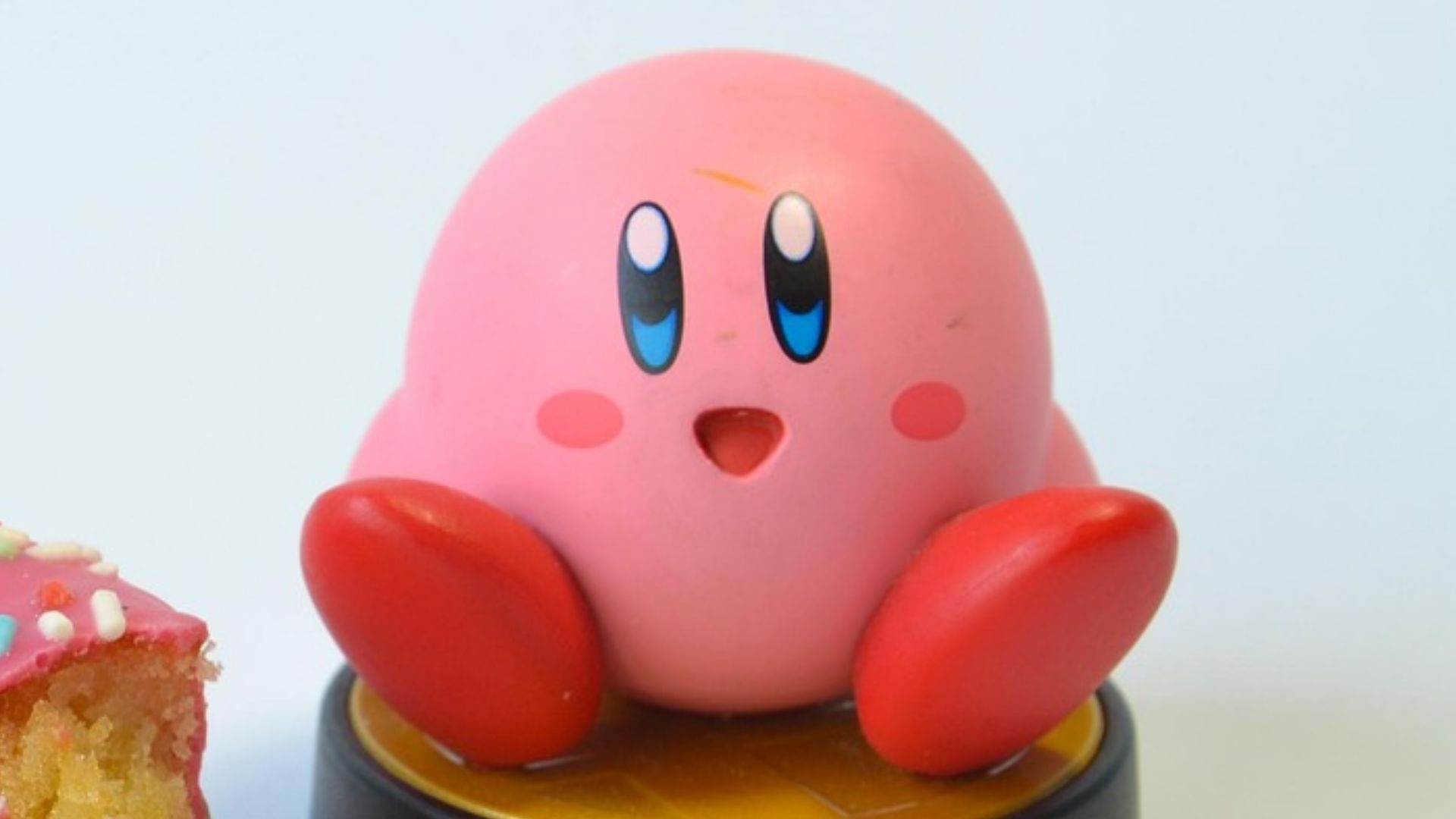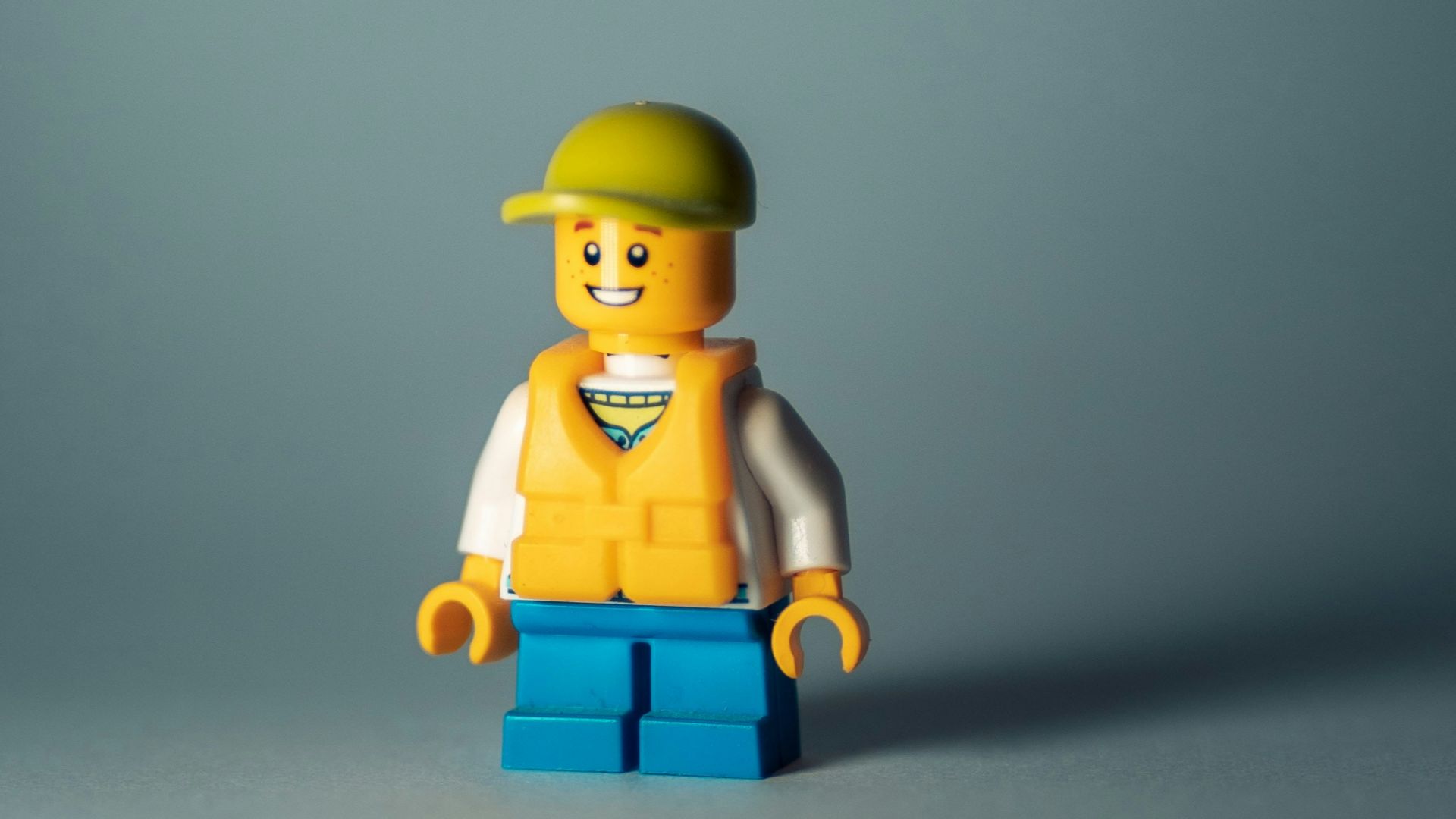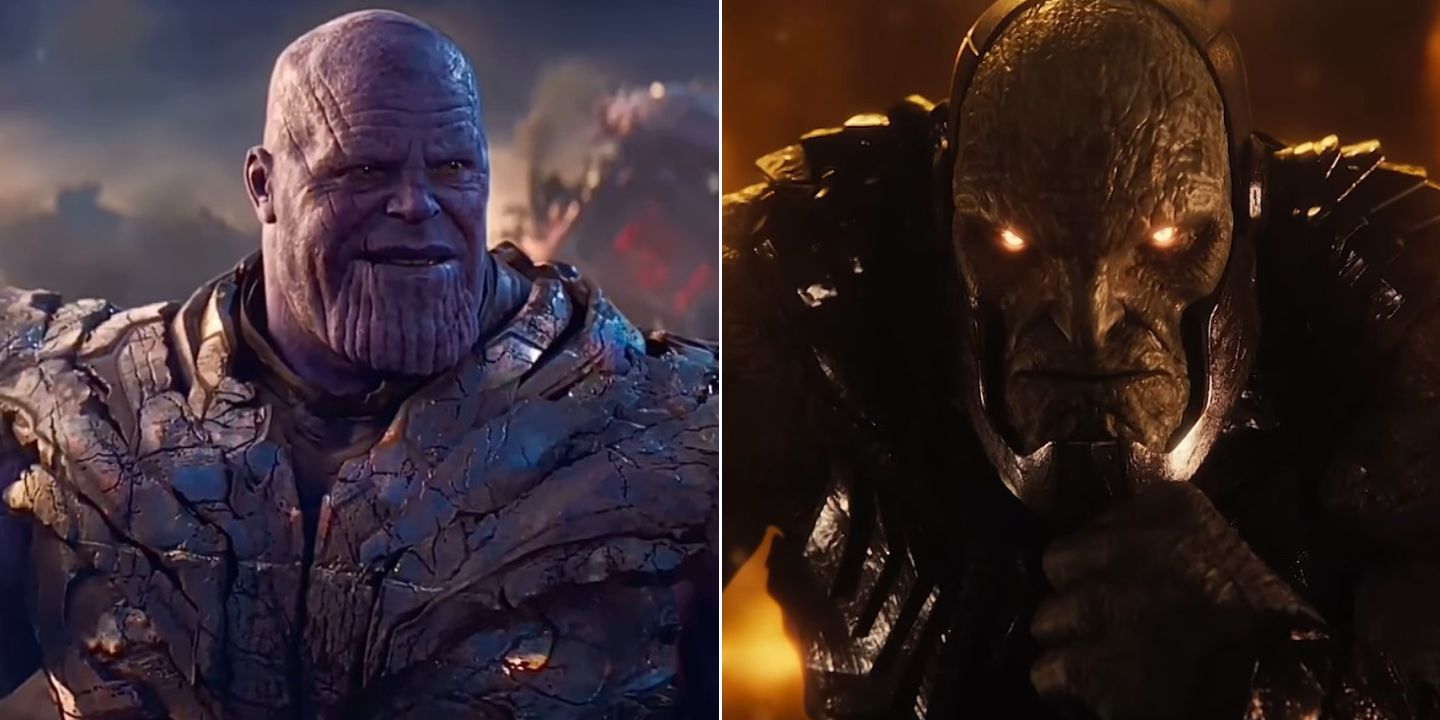When Hype Turns To Humiliation
Marketing teams dream of campaigns that make headlines, go viral, and get players counting down the days until launch. But sometimes, those big ideas crash and burn in ways no one saw coming. Instead of excitement, they spark outrage or secondhand embarrassment so strong it hurts. So, let’s look at 20 marketing strategies that are so bad that they belong in a cautionary tale.
1. Burnout 2’s Speeding Ticket Fail
"Burnout 2: Point of Impact" tried to rev up excitement with fake speeding tickets, but it backfired spectacularly. Many recipients thought they were real fines, leading to confusion and complaints. It felt like a cheap trick because a high-speed game deserved a better campaign than this marketing crash.
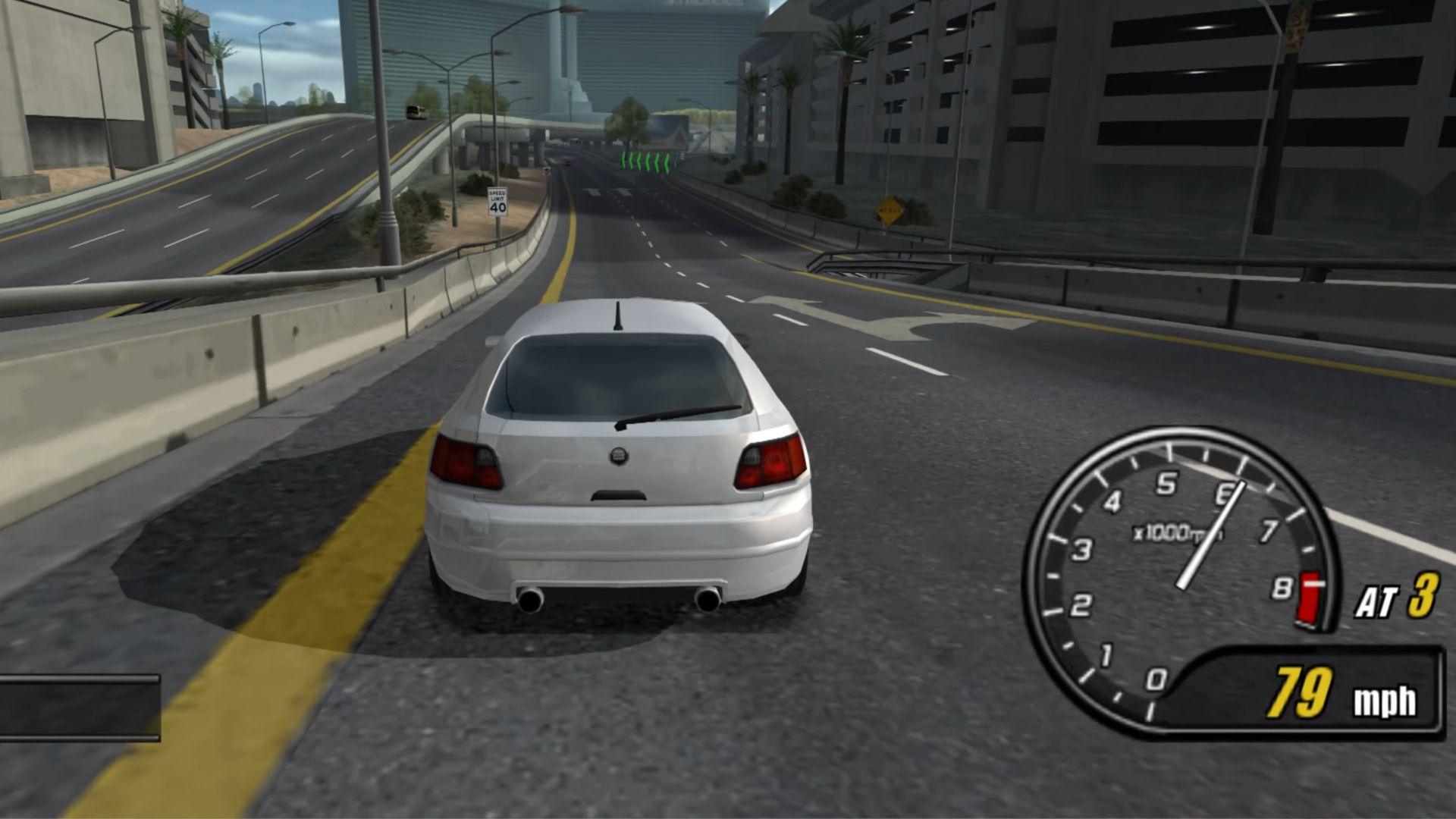 Burnout 2 Point of Impact All Cars Sounds by snyboyza
Burnout 2 Point of Impact All Cars Sounds by snyboyza
2. Homefront’s Balloon Disaster
Launching 10,000 red balloons over San Francisco seemed like a grand marketing stunt for "Homefront." Unfortunately, they littered the city, triggering an environmental backlash. THQ’s attempt to symbolize the North Korean invasion was overshadowed by complaints and fines. Not exactly the publicity they wanted.
3. Hitman: Absolution's Offensive Facebook App
Targeting friends for virtual assassination based on insults? Terrible idea. Square Enix’s 2012 Facebook app for "Hitman: Absolution" encouraged users to call out friends' traits like “annoying laugh.” Public outrage forced its immediate shutdown, proving social media campaigns can backfire spectacularly.
4. Dante’s Inferno’s Fake Protest Stunt
The marketing team behind "Dante’s Inferno" took things too far with a staged protest at E3 2009, where actors posing as Christian demonstrators condemned the game’s depiction of hell. The stunt backfired when gamers and journalists quickly saw through the ruse, branding it as a desperate and tone-deaf attempt at controversy.
5. Zynga’s Costly Mafia Wars Stunt
Zynga ran a controversial promotion in San Francisco. Through Davis Elen Advertising, the company glued fake $25,000 bills to sidewalks, drawing criticism from city officials. The San Francisco City Attorney deemed the stunt “illegal and actionable,” leading Davis Elen Advertising to take responsibility and settle for $45,000.
6. Conker’s Bad Fur Day’s Risqué Campaign
Nintendo's attempt to market the crude "Conker’s Bad Fur Day" to college students clashed with its family-friendly image. Print ads featuring crude jokes and innuendoes made parents and retailers hesitant. Despite clever writing, sales flopped, making it one of Nintendo’s biggest marketing misfires.
7. N-Control Avenger’s PR Meltdown
An overzealous PR rep turned an obscure gaming controller into an industry laughingstock. After responding to a journalist’s critique with unprofessional, aggressive emails, the backlash was immediate. The brand tried damage control, but the reputation of the “Avenger Controller" never fully recovered.
 N-Control Avenger for PS3 Controller Unboxing & First Look by Unbox Therapy
N-Control Avenger for PS3 Controller Unboxing & First Look by Unbox Therapy
8. Gori: Cuddly Carnage’s Tinner4Two Promotion
Selling a canned meal containing human and cat food together? That’s what Wired Productions attempted for "Gori: Cuddly Carnage." Intended as a quirky, dark-humor stunt, the bizarre promotion left many disgusted. Social media responses ranged from confused to horrified, killing the campaign quickly.
 Gori: Cuddly Carnage | Winter Update by Wired Productions
Gori: Cuddly Carnage | Winter Update by Wired Productions
9. Grand Theft Auto’s Manufactured Controversy
Rockstar leaned into controversy by highlighting "GTA’s" violent and immoral content. While this tactic did fuel sales, it also led to lawsuits, retailer bans, and political backlash. The strategy worked commercially but at the cost of endless public outrage and regulatory scrutiny.
10. PlayStation’s Polygon Man Blunder
Sony introduced "Polygon Man" as the original PlayStation mascot, only to scrap him before launch. Even the console’s lead designer hated the idea. Polygon Man became an inside joke among fans, later returning as a boss in "PlayStation All-Stars Battle Royale." A true relic of bad branding.
 Polygon Man vs Master Hand. Batallas Súper Geniales de Rap (ft. Cloud17) by BSGDR
Polygon Man vs Master Hand. Batallas Súper Geniales de Rap (ft. Cloud17) by BSGDR
11. Dungeon Keeper Mobile’s Deceptive Monetization
Reviving a beloved classic should be a win, but EA turned “Dungeon Keeper Mobile" into a predatory cash grab. The game bombarded players with microtransactions, hiding essential gameplay behind paywalls. The UK’s Advertising Standards Authority later ruled EA’s marketing of the game as misleading.
 Dungeon Keeper (Mobile) 2014 by Gamehelper
Dungeon Keeper (Mobile) 2014 by Gamehelper
12. Star Wars Battlefront II’s Loot Box Disaster
EA’s pay-to-win loot box system became the most downvoted Reddit comment ever. Players revolted against the grind-heavy progression, forcing EA to revamp the system before launch. The controversy even sparked government discussions on gambling in games.
13. Infestation: Survivor Stories’ False Promises
Previously known as "The War Z," this zombie survival game promised expansive features that never existed. Steam users cried foul over misleading advertisements. This way, it became a textbook case of how deceptive marketing can instantly destroy consumer trust.
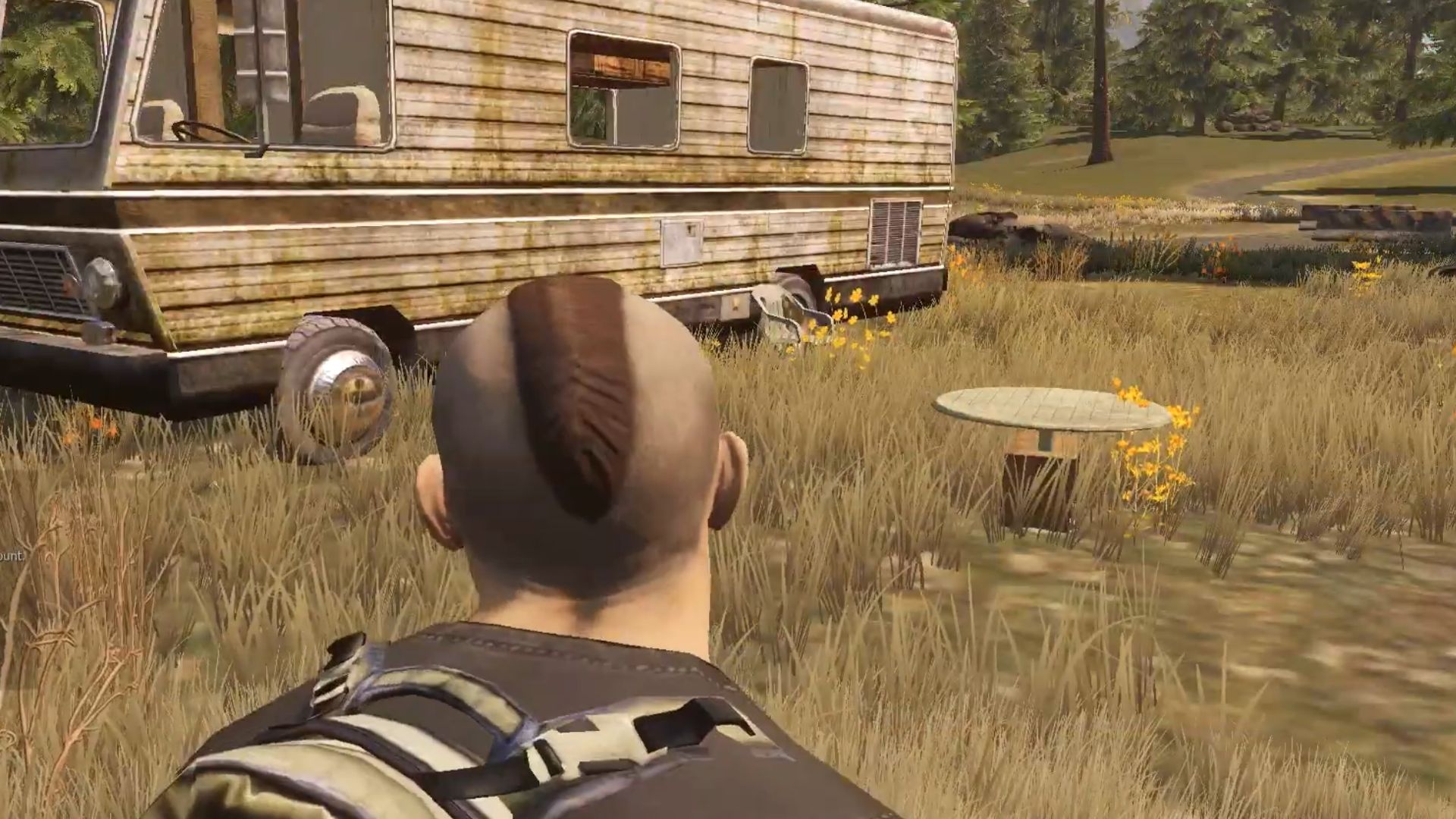 FREE & NEW Survival Game!! - Infestation: The New Z Gameplay Part 1 by Starsnipe - Daily Videos
FREE & NEW Survival Game!! - Infestation: The New Z Gameplay Part 1 by Starsnipe - Daily Videos
14. Kirby’s Angry Western Makeover
Nintendo decided Western audiences wouldn’t buy a happy-looking Kirby. So, they made him angry about the box art. The unnecessary redesign baffled longtime fans, proving that sometimes, a character’s appeal doesn’t need forced edginess. Kirby’s adorable face sells just fine on its own.
15. Misleading “Mad World” Trailer
Emotional, cinematic, and beautifully crafted, the "Mad World" trailer sold "Gears of War" as a deep, narrative-driven experience. The actual game? Pure, adrenaline-fueled action. While the campaign succeeded in generating buzz, it created expectations that didn’t match the final product.
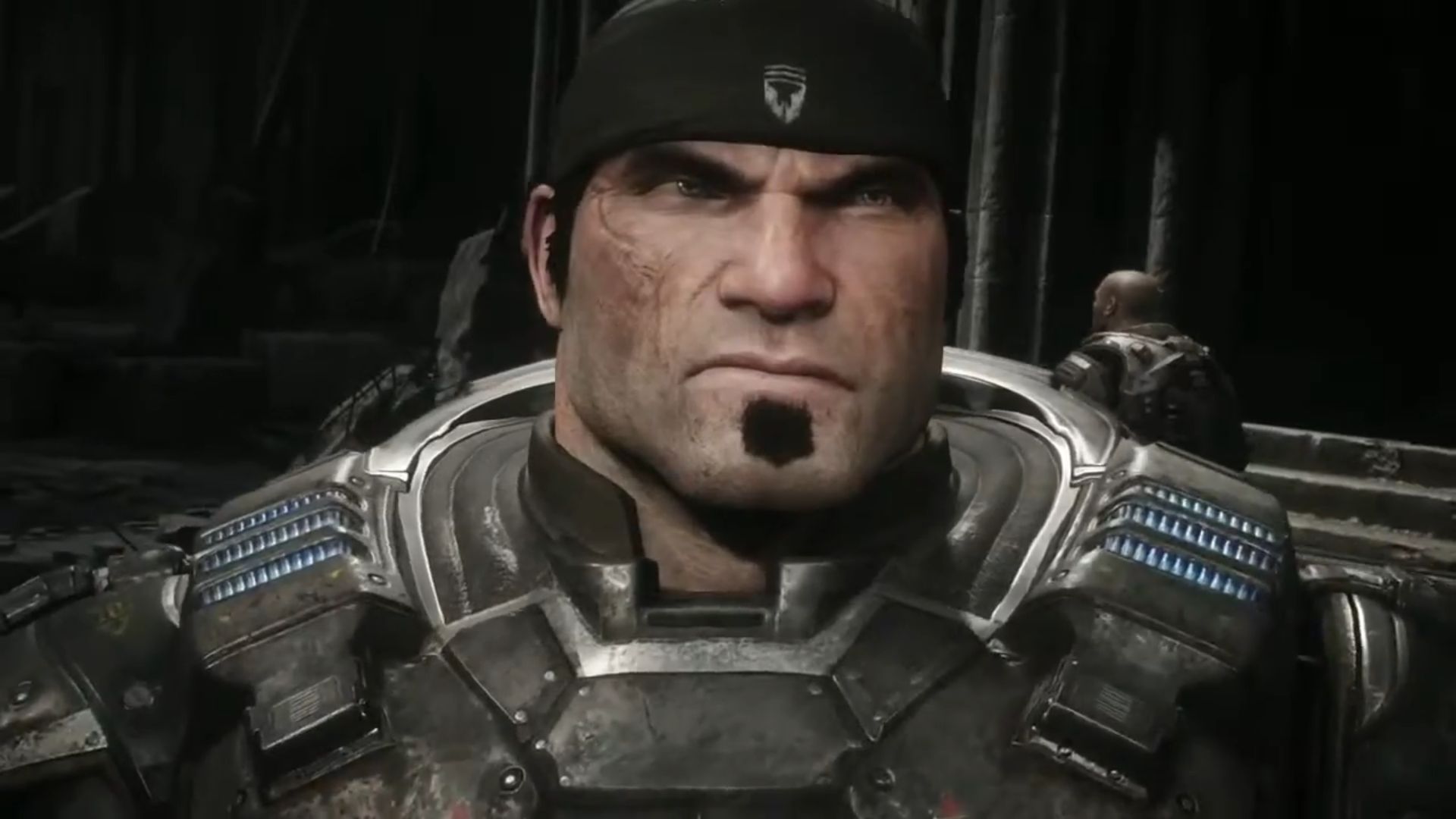 Gears of War Ultimate Edition – Mad World Launch Trailer by NewGameNetwork
Gears of War Ultimate Edition – Mad World Launch Trailer by NewGameNetwork
16. Roblox’s Risky Ad Push
Hiring a former Roku exec to lead Roblox’s ad strategy was a bold move. Expanding in-game ads sounded promising, but parents and players weren’t thrilled. Critics questioned if advertising would disrupt gameplay, and skepticism about kid-targeted marketing remains an ongoing debate.
17. Acclaim’s Feathered Marketing Stunt
Acclaim was no stranger to bizarre marketing stunts, but their promotion of "Virtua Tennis 2" in 2001 was truly out of left field. The company reportedly painted pigeons with the game's logo and released them in major cities to spread awareness—literally. While the idea was meant to be a playful gimmick, it sparked backlash.
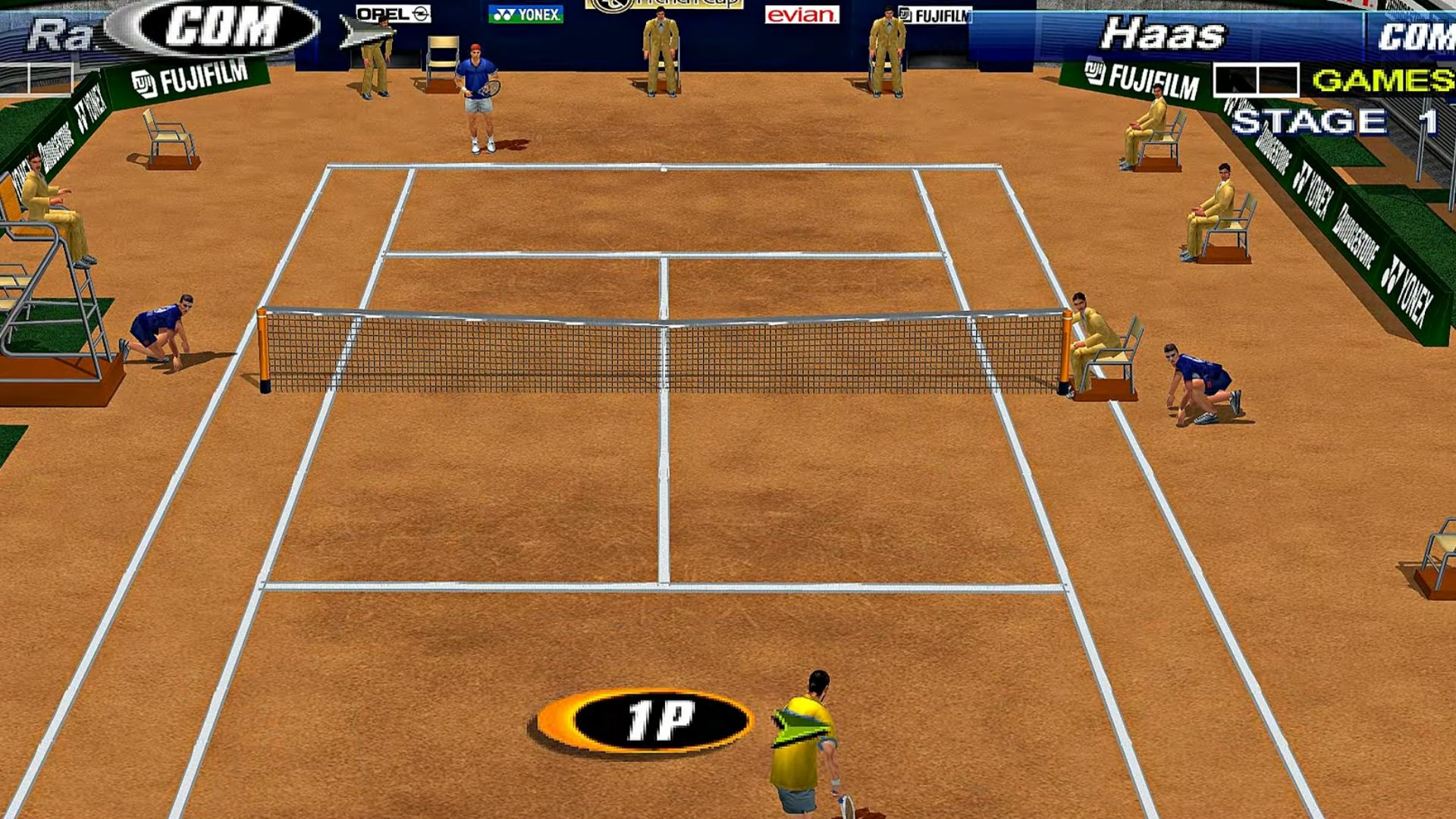 Virtua Tennis 2 PS2 Gameplay HD (PCSX2 v1.7.0) by xTimelessGaming
Virtua Tennis 2 PS2 Gameplay HD (PCSX2 v1.7.0) by xTimelessGaming
18. EA’s "Your Mom Hates Dead Space 2" Campaign
EA assumed teenagers wanted parental disapproval, so it aired ads featuring horrified mothers reacting to “Dead Space 2.” The idea flopped, as the core horror audience didn’t need gimmicks. While the game succeeded, the cringe-worthy campaign quickly faded into obscurity.
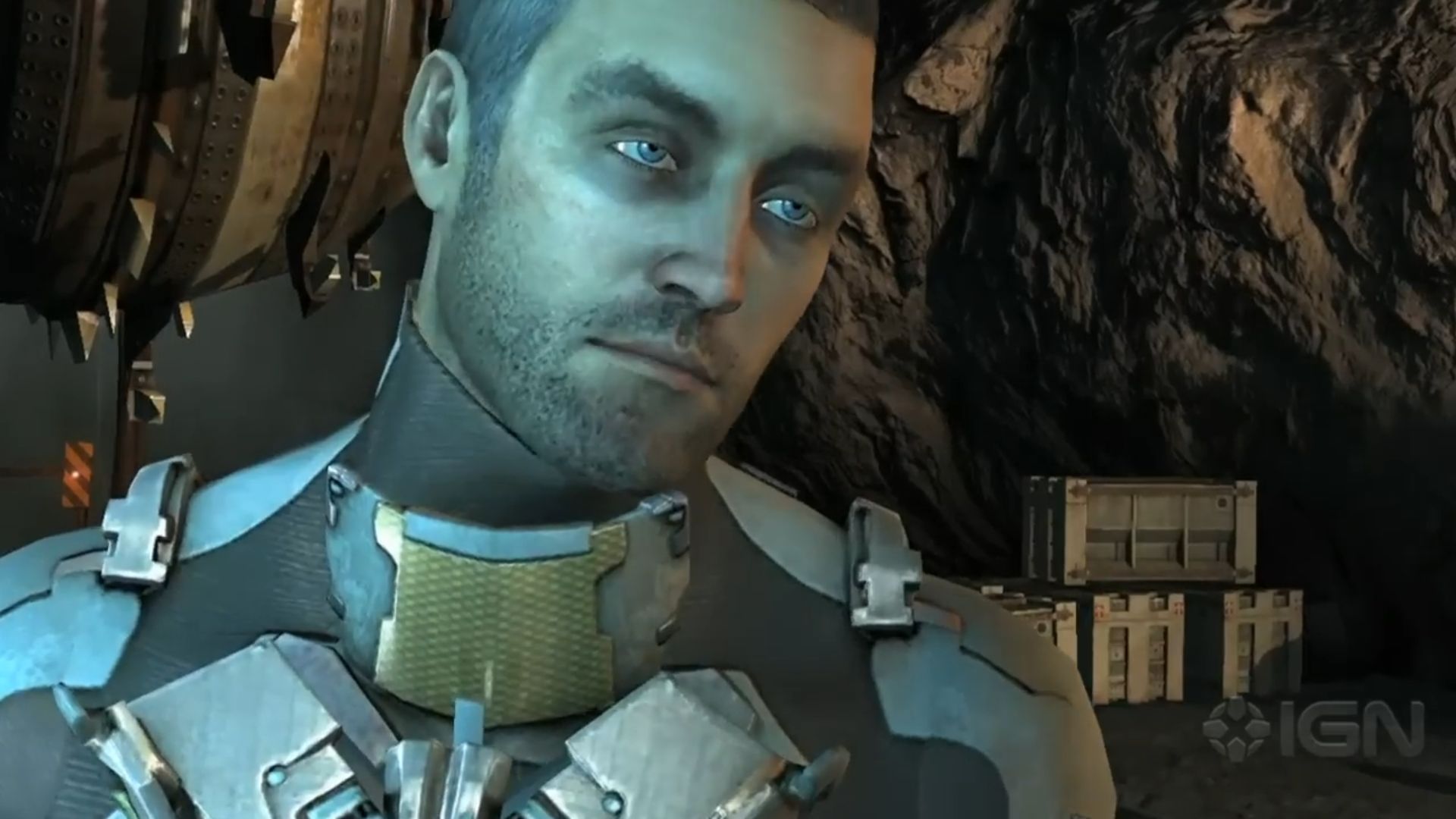 Dead Space 2: Official Launch Trailer by IGN
Dead Space 2: Official Launch Trailer by IGN
19. Ubisoft’s "Splinter Cell" Gunman Stunt
Nothing says "bad marketing idea," like sending a fake gunman into public. Ubisoft staged a stunt where an armed actor pretended to threaten people in New Zealand to promote "Splinter Cell: Conviction." Predictably, police were called, and Ubisoft issued a swift apology.
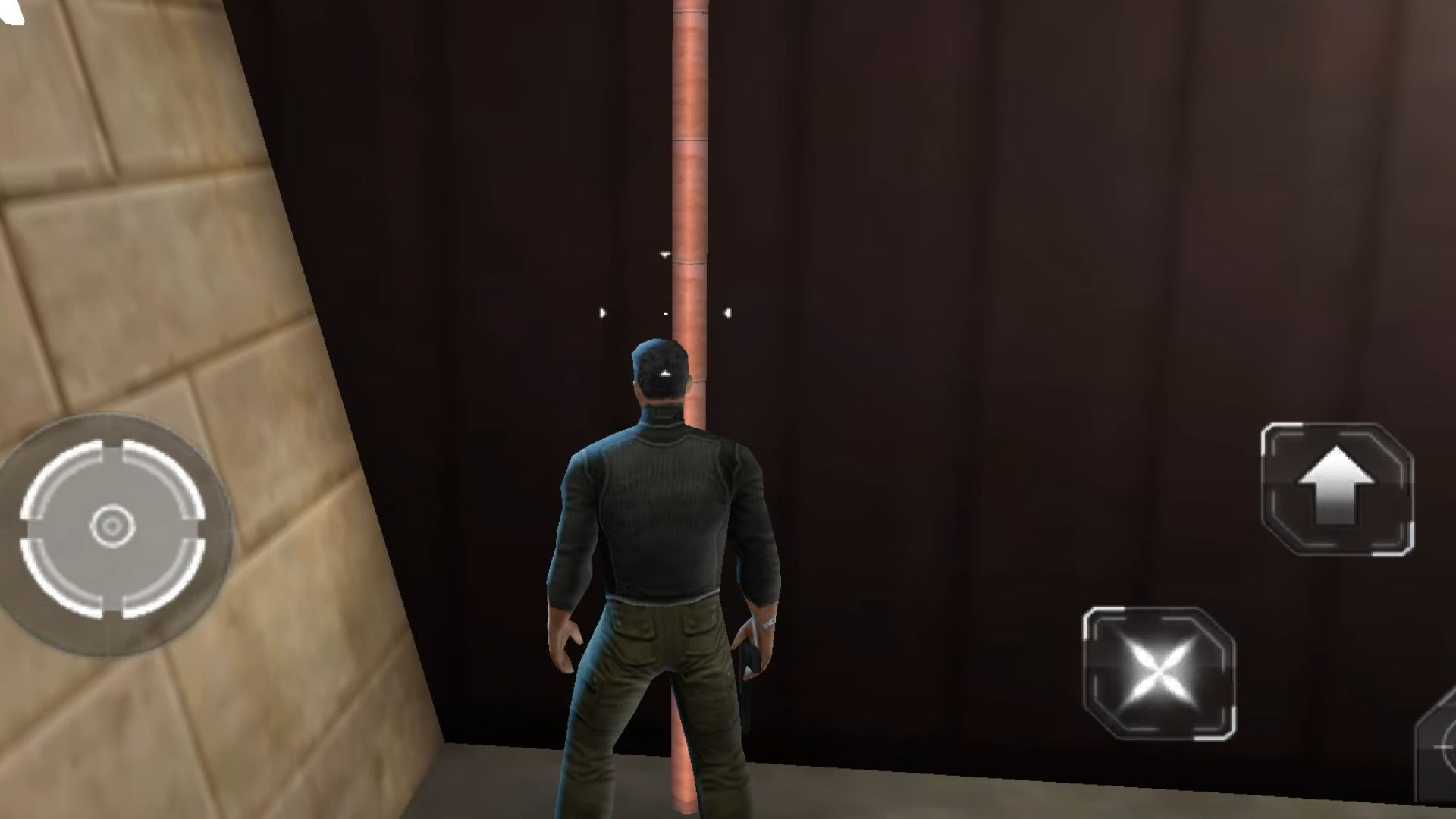 Tom Clancy's Splinter cell conviction HD Android in 2023 by Gamer Vikki HD
Tom Clancy's Splinter cell conviction HD Android in 2023 by Gamer Vikki HD
20. Acclaim’s "Turok: Evolution" Baby Naming Promotion
Offering about $10,000 to parents willing to name their child "Turok" seemed like an attention-grabbing stunt. It was. Public response ranged from amusement to horror, and it’s unclear if anyone actually took the offer. Either way, no one remembers "Turok: Evolution," just the absurd promotion.


